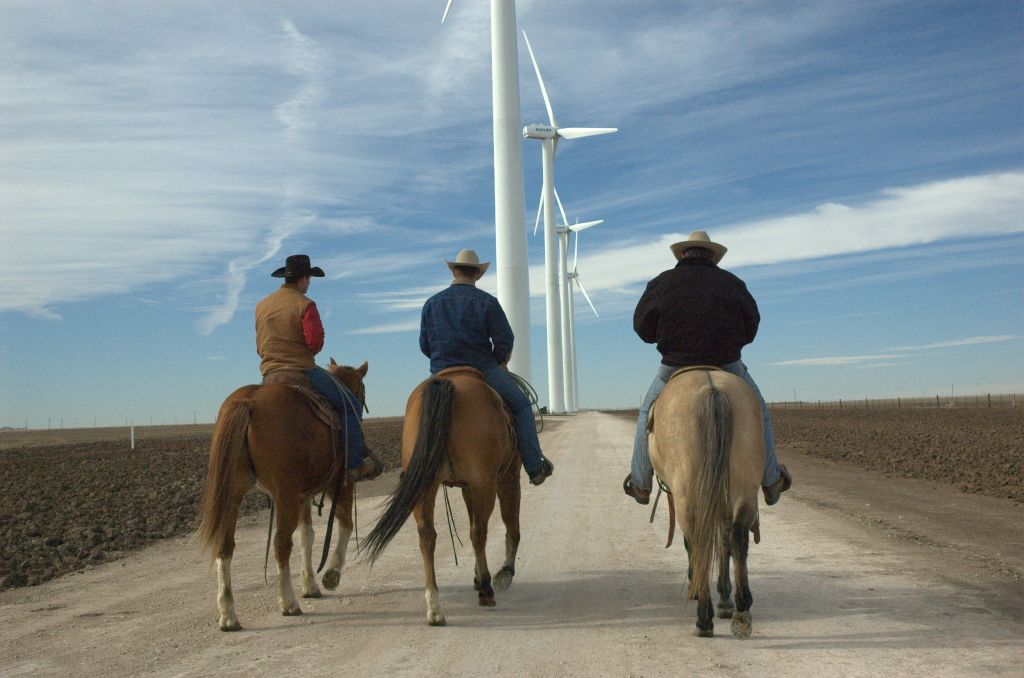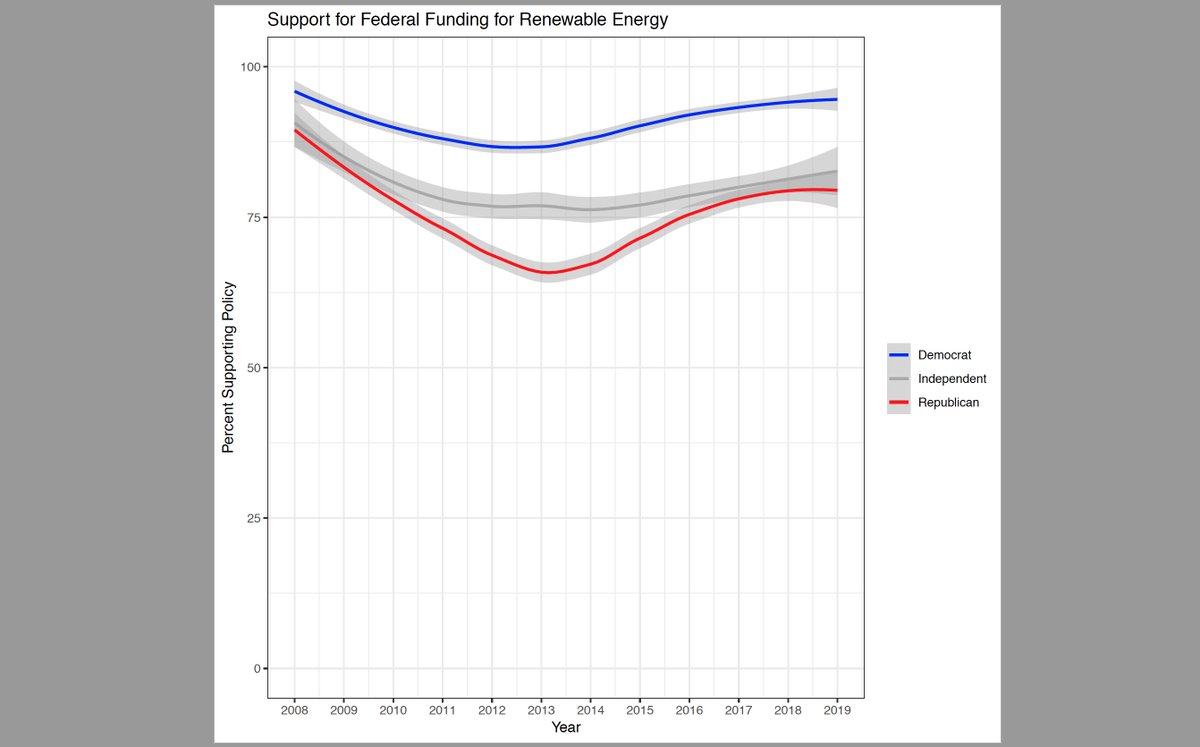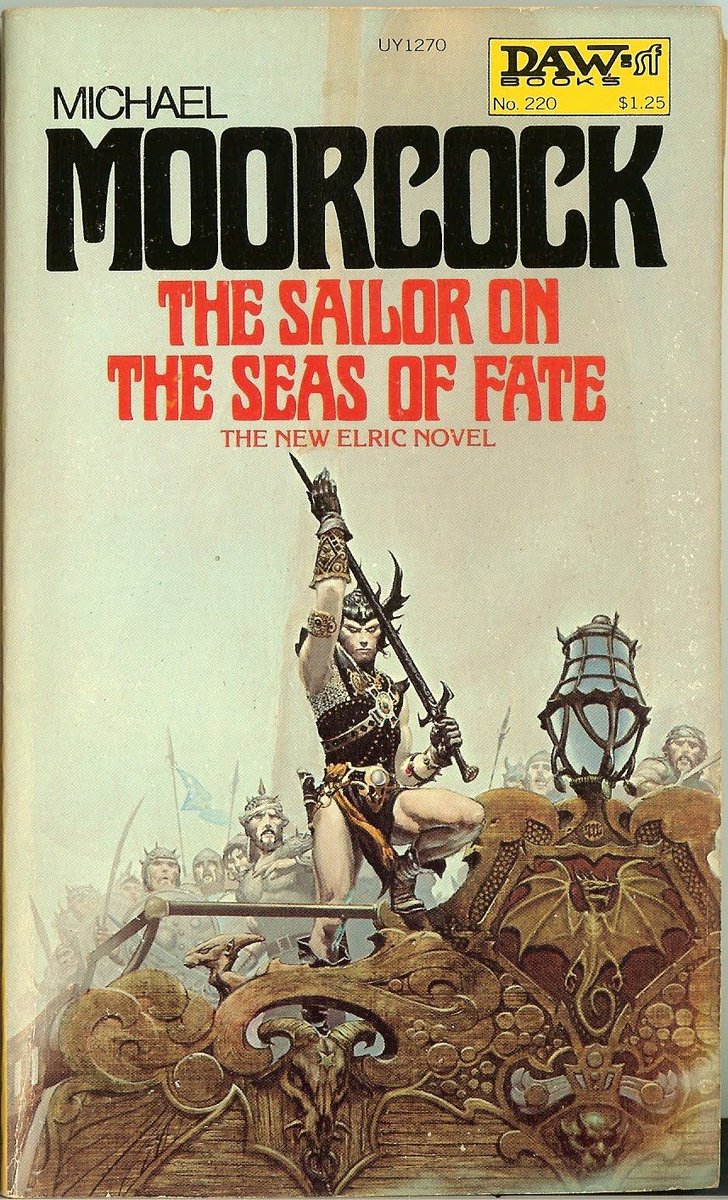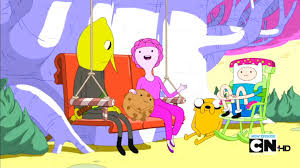Texas passed its first renewable energy target in 1999, 3 years before California. The law was signed by, Gov. George W. Bush — you may recall he’s a Republican.
For my book, I interviewed Texan Republicans, Democrats, oil guys + clean energy pioneers. Texas was once leading in wind energy, with GOP support. Now we get lies, from the Gov on down on renewables. What happened?
Lessons from Short Circuiting Policy https://t.co/KtxaBci5oC 🧵

Texas passed its first renewable energy target in 1999, 3 years before California. The law was signed by, Gov. George W. Bush — you may recall he’s a Republican.
The "bill he signed in 1999 will make Texas the country’s largest market for renewable energy by 2009."
https://t.co/T4dKZ5qGnA

It was sponsored by Republican state Senator Troy Fraser and signed by Republican Gov. Rick Perry.
https://t.co/c9vnjyvn4i
What happened over the past 15 years?
https://t.co/jp3EqyORuu
They maintain GOP discipline by threatening Republicans who support renewables or climate action with lost money and primary challengers. Over time, this shifts the party.
https://t.co/W8L5yqDgOJ
We might expect a similar result after the lies perpetuated over the past week.

In the early 2000s, California faced severe power outages. As a result, Gov. Gray Davis lost a recall election. If I were Gov. Abbott, I'd be worried.
If you enjoyed this thread, check out my book, Short Circuiting Policy!
https://t.co/MLrDKMQI4C



























